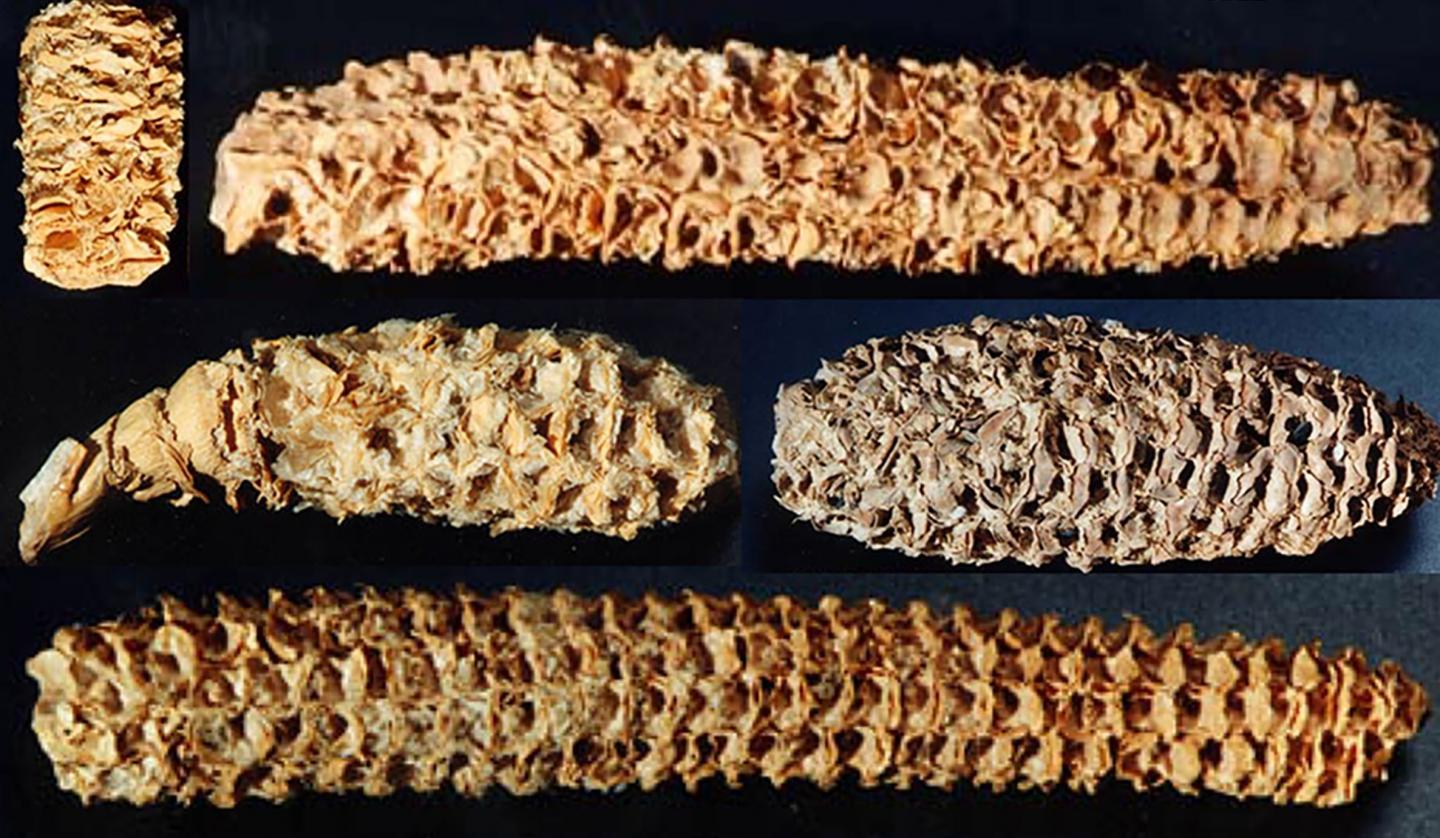Oldest plant virus dating 1000 years old discovered from ancient corncobs

- Country:
- United States
A team of researchers recently recovered around 1000 years old virus at a native American archaeological site while conducting detailed studies on ancient corncobs. They are considering it as the oldest plant virus ever discovered.
Earlier, just some RNA viruses were discovered from archaeological samples that were said to be about 750 years old. The new discovery came as the research team examined ancient plant material from Antelope House, an Ancestral Puebloan ruin located at Canyon de Chelly National Monument, Arizona.
Crops like squash, maize and beans were planted by the ancestral Puebloans who lived in the canyon. During the 1970s, over two tons of plant refuse in highly recognizable form were recovered. National Park Service conducted the excavation of Antelope House.
According to Marilyn Roossinck, the lead researcher (who is the professor of plant pathology and environmental microbiology, College of Agricultural Sciences, The Pennsylvania State University), from the recovered remains it is totally clear that maize was the major food source for the inhabitants. “The maize remnants recovered at Antelope House consisted of cobs, ears with kernels, individual kernels, husks, leaves, shanks, stem portions and tassels,” Roossinck said.
The researchers have confirmed the age of the ancient samples by using carbon 14 dating and their results show that those are 1000 years old. While analyzing cobs, the scientists isolated three nearly complete genomes of a previously unknown virus of the family Chrysoviridae, which infect plants and fungi.
Their reports state that chrysoviruses are persistent plant viruses, which are transmitted from generation to generation through seeds. Hence, they continue to be in their hosts for very long time periods. According to Roossinck, persistent viruses usually don’t cause disease and are rarely detected. She said that this is the first chrysovirus described from maize.
“When we analysed modern corn samples, we found the same chrysovirus with only about 3 percent divergence from the ancient samples. Most RNA viruses, with short generation times and error-prone replication, evolve rapidly. However, persistent viruses have very stable genomes,” Roossinck further added.
One of the most interesting facts about the virus is that it has sustained itself in corn for such a long period. This implies that it might have some potential benefit(s) to the plant although it is yet to be discovered.
- READ MORE ON:
- virus
- plant virus
- oldest plant virus
- Marilyn Roossinck
- chrysovirus
ALSO READ
Viruss unveils his new track "Mahashakti Durga": A fusion of divinity with modern beats
WHO says public health risk posed by bird flu virus is low
Pak: More poliovirus detected in sewage samples from Quetta, concerns rise
MAC vaccination campaign against human papillomavirus launched in Tanzania
Health News Roundup: US FDA says commercial milk safe despite bird flu virus presence; US Supreme Court faces fight over emergency abortions after toppling Roe and more










